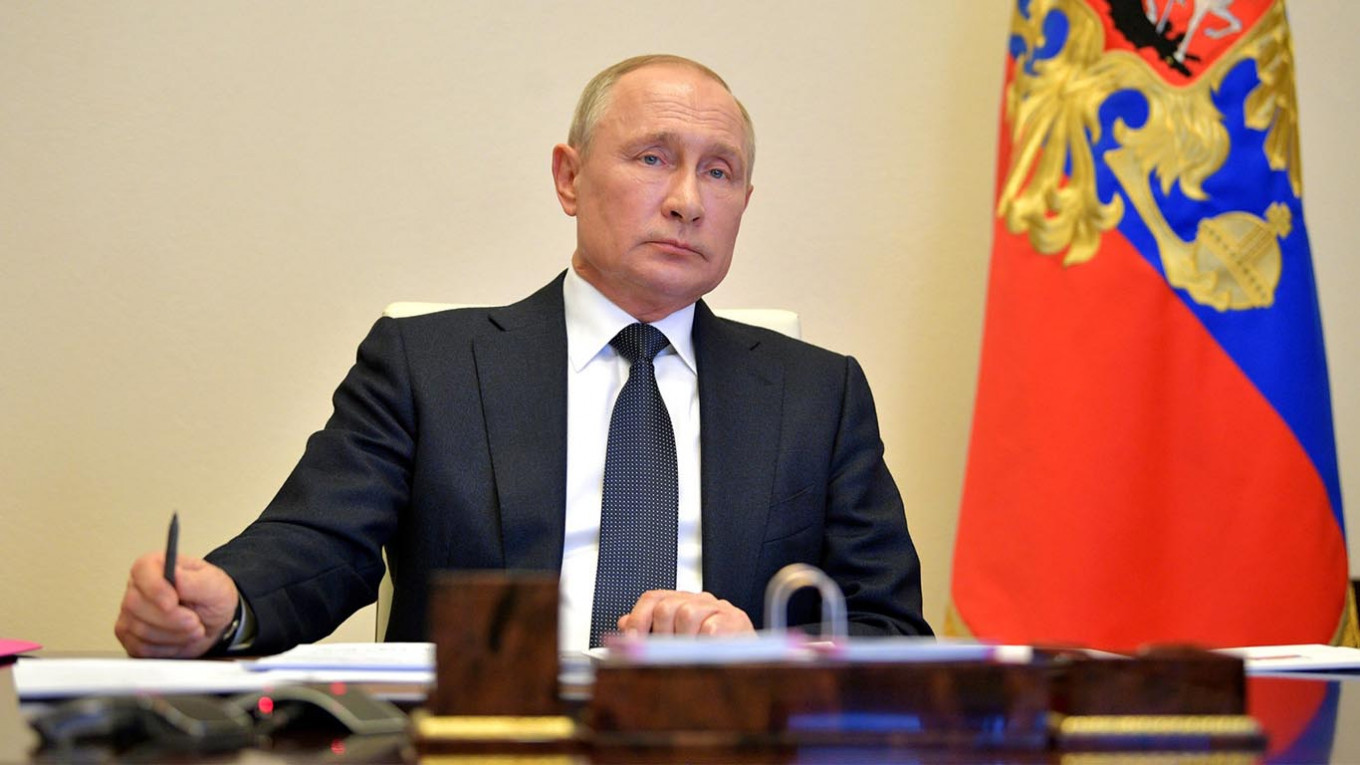
Russian President Vladimir Putin has attacked European leaders for failing to understand the “real lessons” of World War II and said the United Nations system is the only way for the world’s nuclear powers to avoid direct military confrontation.
In an essay published Thursday evening in U.S. magazine The National Interest, Putin blames the Western powers for appeasing Nazi Germany and signing the Munich Agreement in 1938, and attacks Europe — Poland in particular — for wanting “to sweep the ‘Munich Betrayal’ under the carpet.”
Putin defended the Soviet Union’s signing of the Molotov-Ribbentrop pact — a non-aggression treaty which triggered the outbreak of hostilities in 1939 and outlined the division of Poland between Nazi Germany and the Soviet Union.
The article — written in English and titled “The real lessons of the 75th anniversary of World War II” — comes days before Russia plans to hold a rescheduled Victory Day parade on June 24.
The president often discusses World War II in public speeches and addresses, and has increasingly sought to assert a different interpretation of the conflict and its causes to the narrative which he sees as dominant in the West.
Putin also confirmed that the leaders of Russia, China, France, the U.K. and the U.S. have agreed to hold an in-person summit at some point in the future. A date, format and agenda have not been established.
Putin said the group — which make-up the five permanent members of the United Nations security council (P5) — should discuss a host of global topics ranging from arms control and counter-terrorism to climate change and global economic challenges after the coronavirus. Such a format would rival agendas of the G7 — which Russia was kicked out of after annexing Crimea in 2014 — or the G20.
He also draws heavily on the failure of the League of Nations in the 1920s and 1930s to prevent World War II — an example which he says shows the importance of the P5 group and UN Security Council format.
The veto power held by Russia, China, France, the U.K and the U.S. in the UN is “the only reasonable alternative to a direct confrontation between major countries,” he said.

Leave a Reply